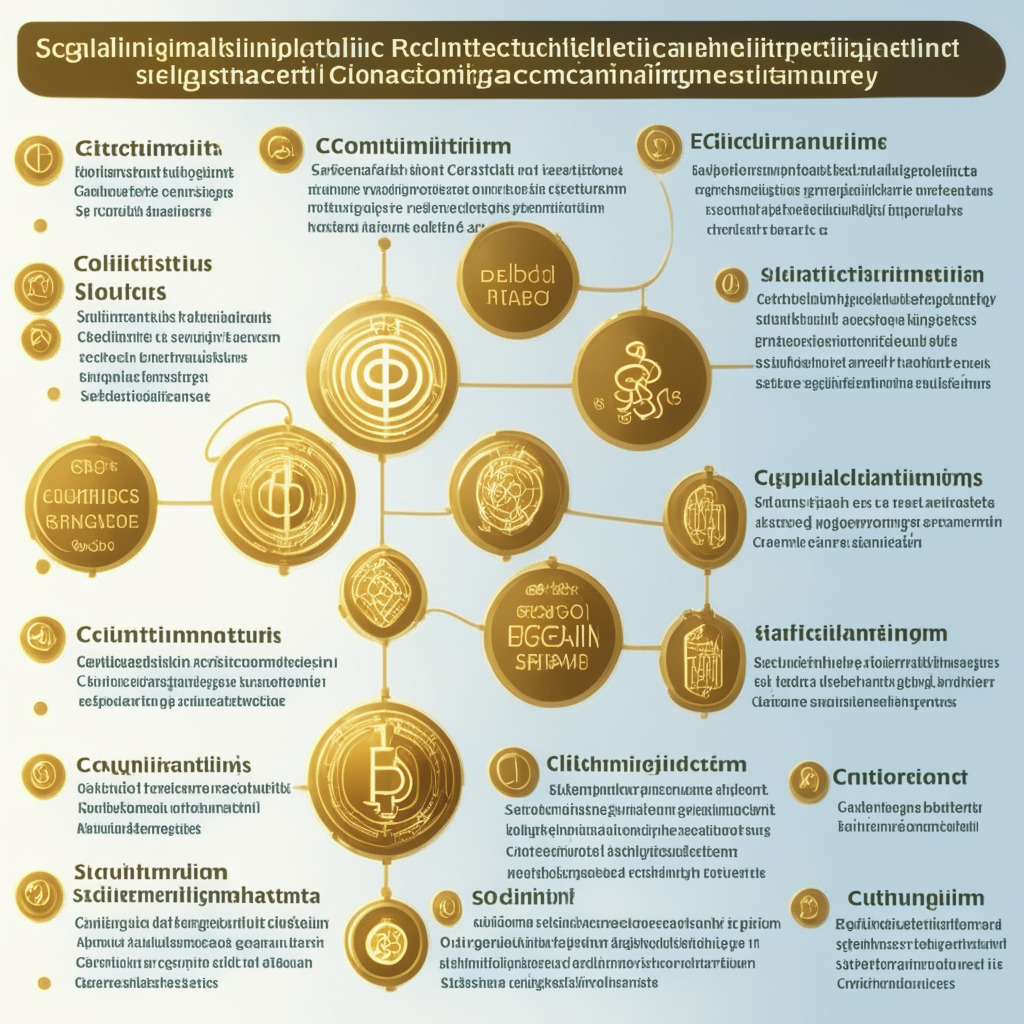As the cryptocurrency market evolves and gains more attention, it appears that the industry is slowly adapting to regulatory mandates and reaching a level of maturity. This move appears to be inevitable, according to Lincoln Bartlett, Head of Trading at Anchorage Digital, since the industry’s initial anti-intermediary stance has to shift to accommodate the growing demand from institutional investors.
Bartlett argues that established and time-tested standards from traditional finance will eventually become the norm in the cryptocurrency market. This includes separating customer funds from the exchanges’ in an aim to provide a safer environment for both retail and institutional investors. He highlights the recent collapse of crypto firms, such as FTX, and the subsequent increase in regulatory scrutiny as signs that the focus is now starting to shift toward a fair market structure.
Anchorage Digital became the first federally chartered crypto bank in the United States in 2021, gaining approval from the Office of the Comptroller of the Currency (OCC). This allowed the firm to offer crypto custody solutions on a larger scale. However, they now find themselves competing with new options for institutional investors, such as BlackRock’s spot Bitcoin ETF bid and EDX Markets, a crypto exchange supported by Wall Street giants.
Bartlett emphasizes that these large financial institutions require a higher level of technology security, regulatory protection, understanding, and clarity. This is something that unregulated platforms have been unable to provide. Anchorage’s federal bank charter makes them an unquestionably qualified custodian, and Bartlett contends that this eliminates some uncertainty for firms that lack the same level of OCC approval.
Through its trading desk, Anchorage enables investors to trade more than 90 tokens in a regulatory-compliant fashion, with the capacity to hold up to 200 different tokens in custody. Bartlett stresses that the company’s agency trading desk does not maintain any ownership of the assets being traded, thus preventing conflicts of interest.
The launch of Anchorage’s advanced trading platform permits institutional clients to trade across multiple liquidity providers, without requiring onboarding with each exchange or dealer. Bartlett cites this as a significant advantage in terms of time and risk savings.
Despite the recent setbacks in the crypto industry, such as the collapse of FTX and the fallout from the failed hedge fund Three Arrows Capital, Bartlett sees the potential for accelerated crypto regulation as a silver lining. These events underscore the importance of proper risk management and pave the way for increased safeguards in the broader industry.
In conclusion, the cryptocurrency market continues to mature and shift gears toward a more regulated environment, addressing the concerns and needs of institutional investors. Whether this transition will yield a more stable market remains to be seen, but it appears to be an essential step for broader adoption.
Source: Decrypt




